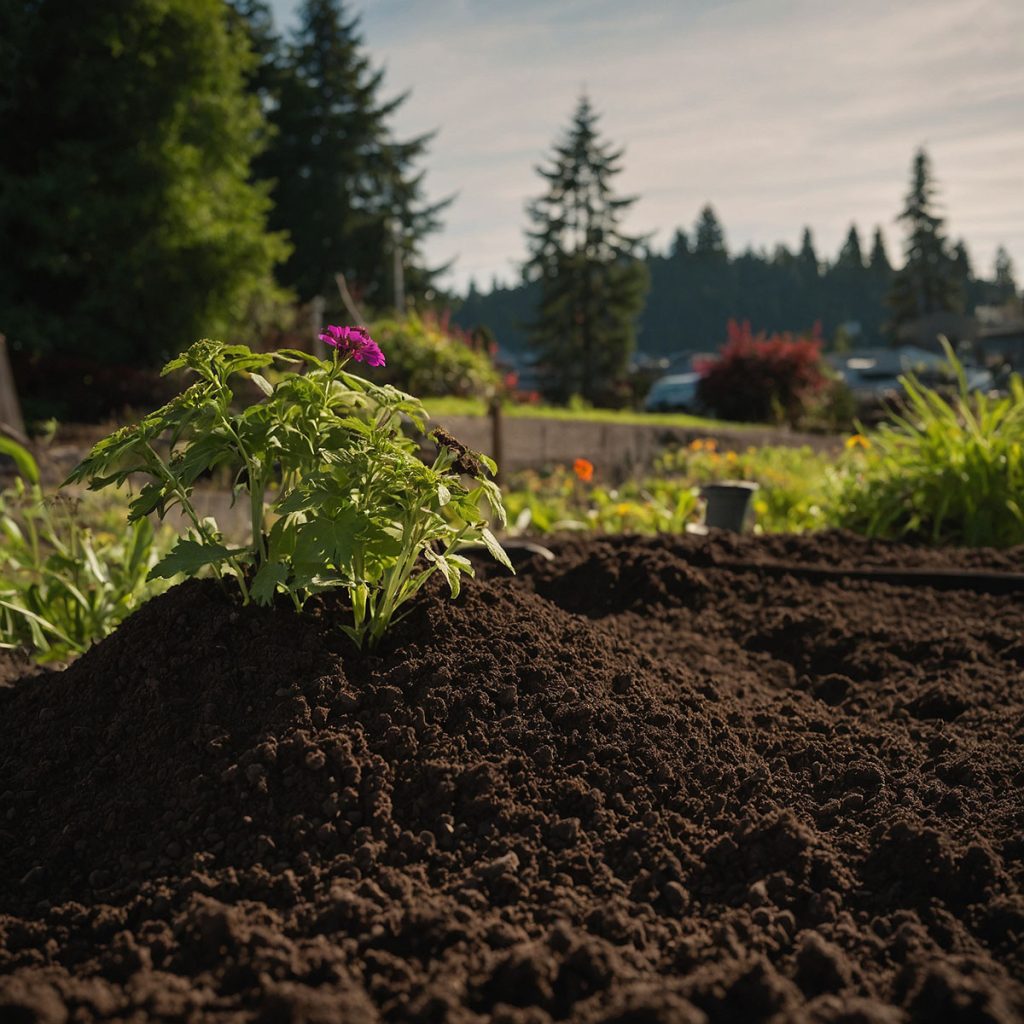Understanding Soil Amendments in the Pacific Northwest
The Pacific Northwest (PNW) is renowned for its lush landscapes, diverse ecosystems, and fertile soils. However, even in this naturally rich region, gardeners and farmers often need to amend their soil to optimize plant growth and yield. Soil amendments can enhance soil structure, nutrient content, and overall health, making them essential for successful gardening and farming. Here, we explore the key aspects of soil amendments in the Pacific Northwest, including types, benefits, and application methods.
The Unique Soil Profile of the Pacific Northwest
The PNW encompasses a variety of soil types, influenced by its diverse climates and geological history. Common soil types include:
- Sandy soils: Predominant in coastal areas, these soils drain quickly but often lack nutrients.
- Clay soils: Found in many inland areas, clay soils retain moisture but can be dense and poorly aerated.
- Loamy soils: A balanced mix of sand, silt, and clay, these are generally fertile and well-draining, but still benefit from organic amendments.
The region’s heavy rainfall, especially west of the Cascade Range, can lead to soil acidity and nutrient leaching, necessitating regular soil amendments to maintain optimal growing conditions.
Types of Soil Amendments
- Organic Matter: Organic amendments are crucial for improving soil structure, water retention, and microbial activity. Common organic amendments include:
– Compost: Decomposed organic material rich in nutrients and beneficial microorganisms.
– Manure: Animal waste that adds nitrogen, phosphorus, and organic matter to the soil.
– Cover crops: Plants grown specifically to be tilled back into the soil, adding organic matter and improving soil health.
- Mineral Amendments: These are used to adjust soil pH and supply essential nutrients. Key mineral amendments include:
– Lime: Raises soil pH, making nutrients more available to plants, especially important in the acidic soils of the PNW.
– Gypsum: Adds calcium and improves soil structure without altering pH.
– Rock phosphate: Provides a slow-release source of phosphorus, essential for root development and flowering.
- Nutrient Amendments: These provide specific nutrients that may be deficient in the soil.
– Blood meal: A high-nitrogen amendment that promotes leafy growth.
– Bone meal: Rich in phosphorus and calcium, supporting root development and flowering.
– Kelp meal: Supplies a range of trace minerals and growth hormones.
Benefits of Soil Amendments
- Enhanced Soil Structure: Organic matter improves soil aeration and drainage, reducing compaction and promoting healthy root growth.
- Increased Nutrient Availability: Amendments provide essential nutrients that might be lacking in the native soil, supporting plant health and productivity.
- Improved Water Retention: Organic amendments help sandy soils retain moisture, reducing the need for frequent irrigation.
- pH Adjustment: Lime and other pH-adjusting amendments ensure that nutrients are available to plants, especially in the acidic soils common in the PNW.
Application Methods
- Soil Testing: Before adding amendments, conduct a soil test to determine pH and nutrient levels. This helps in selecting the appropriate amendments and application rates.
- Incorporation: Mix organic and mineral amendments into the soil to a depth of 6-12 inches. This ensures that the amendments are well-distributed and accessible to plant roots.
- Top-Dressing: Apply a layer of compost or other organic matter on the soil surface. This method is useful for maintaining soil health in established gardens.
- Mulching: Use organic materials like straw, leaves, or wood chips to cover the soil. Mulching conserves moisture, suppresses weeds, and gradually adds organic matter as it decomposes.
Best Practices
- Seasonal Timing: Apply soil amendments in the fall or early spring to allow time for them to integrate into the soil before the main growing season.
- Sustainable Sourcing: Use locally-sourced and sustainable amendments to reduce environmental impact and support local agriculture.
- Ongoing Monitoring: Regularly test soil and observe plant health to adjust amendment practices as needed.
Conclusion
Soil amendments are vital for maintaining healthy and productive gardens and farms in the Pacific Northwest. By understanding the unique soil characteristics of the region and selecting the appropriate amendments, gardeners and farmers can enhance soil health, improve plant growth, and achieve bountiful harvests. Regular soil testing, thoughtful amendment application, and sustainable practices will ensure that the rich soils of the PNW continue to support diverse and thriving ecosystems.
